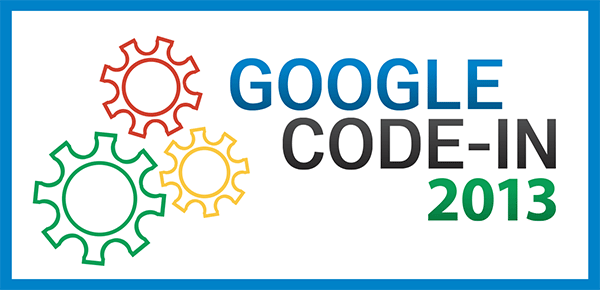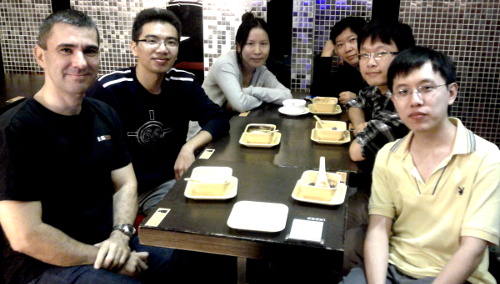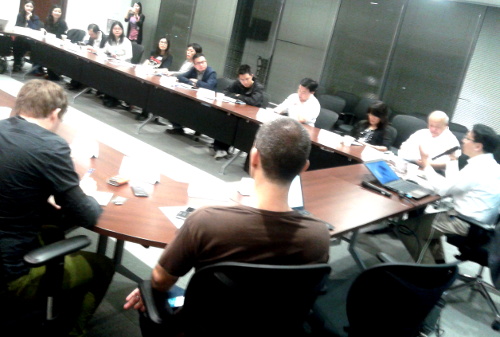 Digital Freedom Foundation is at it again as we announced last August and we are finally launching our new celebration around Free Educational Resources called Education Freedom Day. The day selected is January 18th 2014 (Saturday) which we believe to be mid school year and a good time to evaluate what has been done and to look at what else could be added. We really hope this can provide a great introduction to educators, professors, teachers and anybody else involved in the education industry about what Free Educational Resources (FER) is, its benefits and how vibrant your local community is.
Digital Freedom Foundation is at it again as we announced last August and we are finally launching our new celebration around Free Educational Resources called Education Freedom Day. The day selected is January 18th 2014 (Saturday) which we believe to be mid school year and a good time to evaluate what has been done and to look at what else could be added. We really hope this can provide a great introduction to educators, professors, teachers and anybody else involved in the education industry about what Free Educational Resources (FER) is, its benefits and how vibrant your local community is.
In the meantime, we are getting more involved with Polytechnic University in Hong Kong thanks to Graham and started to work on our EFD event in Hong Kong. We plan to cover Free and Open Source Software, Hardware and Content for educational purposes by introducing Arduino, Raspberry Pi, GNOME educational software (e.g. Rur-ple & GCompris) and of course some great international and local Free Educational projects.
Please help us to promote EFD by using our EFD countdown and banners. If you have contacts with either your local schools, colleges, universities or some open education projects please visit the EFD wiki, create your event page and register your event! If you have any question, please join and ask our EFD mailing list or IRC channel #efday @ Freenode.


 We happened to be in Guangzhou earlier this week and spent a wonderful evening with the core members of the local
We happened to be in Guangzhou earlier this week and spent a wonderful evening with the core members of the local 